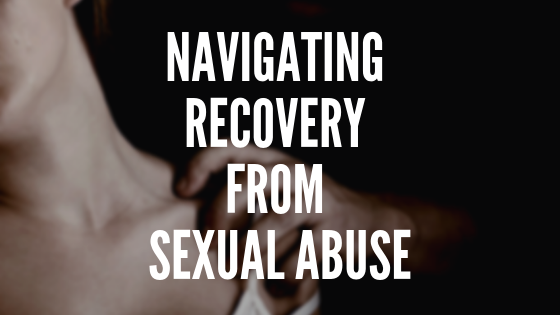This is a sponsored guest post.
Many women of all ages suffer unwanted pregnancy, sometimes as a result of abuse or rape. This is a trauma that is very difficult to overcome, and one that brings with it more than one aspect to deal with. A rape victim, for example, suffers great trauma from the event itself, but should she become pregnant as a result, the trauma is exaggerated. Indeed, half of rape victims in the USA are older than 24 years of age, so it is not just young women who suffer such trauma.

It may help to look at some statistics to get an idea of the scale of the problem. According to the National Sexual Violence Resource Center, 1 in 5 women will be raped sometime in their life, and 1 in 71 men. Rape is the most underreported crime, often because it occurs between adults who are already in a relationship of some sort. Post Traumatic Stress Disorder is a common result of this violence and many men and women suffer silently throughout their lifetimes.
Immediately After Rape or Abuse
NOTE: If you were just raped or abused, please report the event so the abuser does not continue the behavior without consequence.
A hospital or other medical provider can do a medical exam to take evidence for the legal case. Please do not suffer silently. You did not deserve this treatment.
Getting Support After Rape and Sexual Abuse
One of the best ways to recover from sexual abuse is to confide on someone who will not judge, but will be there to support you in the healing process. This can be a close friend or family member, a doctor, or therapist. There are also Rape Crisis Hotlines that you can call to talk through the event, get a listening ear, and if you need it, advice on what to do next. While rape is underreported, that doesn’t mean that you shouldn’t report it. The #metoo movement has shown that many people have been sexually abused and stayed quiet, only allowing the perpetrators more opportunities to abuse people.
Whether you choose to report the event to legal parties or not, be sure to confide in someone who can help you process the event.
Sexual Abuse is Not Your Fault
Period. Unfortunately, you can’t change the past. However, you can forgive yourself for it. Do not take blame that isn’t yours. Your body is YOUR property, not someone else’s. No matter what they try to tell you. You don’t deserve to be treated that way and you don’t need to continue tolerating that treatment.
Break Relationships with Your Abuser
In many cases, you have the choice to stop interacting with your abuser. It may require extra measures, it may require extra effort. Your safety and well being are worth it. Do not continue a relationship with someone who is sexually abusing you. Oftentimes, abusers will tell lies such as “No one else will want you” or you may even think it yourself. This is not true. Please reach out to a counselor to work through the events of your past so that you can thrive in the future.
Pregnancy After Sexual Abuse
In the immediate aftermath of a rape, you may not know whether you are pregnant or not. There are many pregnancy resource centers that will be more than happy to help you.
While only a small portion of raped women become pregnancy, it is estimated that 1.5% of 850,000 abortions reported in the US in 2015 were the result of abuse or incest. Although that 1.5% figure appears very low, that is still more than 12,000 women each year who have an abortion following pregnancy due to sexual abuse. Think of that as a small town’s population, and remember again that these or only recorded, official figures. Of course, sometimes an abortion doctor may not be aware of the situation creating the pregnancy. Women who were raped and become pregnant may not wish to report it. Many rape victims keep, and love, their babies. While an abortion may remove the woman’s responsibility for a child, it does not promote, and may even prevent, emotional healing.
Fortunately, for women who have been raped and fallen pregnant there is plenty of expert help around, and it is essential that anyone in this situation seeks such help. Counseling is widely available – and for many women is a great help – but it may be that in the first instance, dealing with the unwanted baby is an urgent issue. This is where you need to talk to an experienced, qualified and licensed therapist, one who will talk to you in confidence, and advise you as to the right course of action.
Recovering From Sexual Abuse
Recovering from sexual abuse is possible and the more you take responsibility to heal, the better your outcome will be. This does not mean that you need to dwell on the event every day. Working through the event, forgiving yourself, and acknowledging that the other person was wrong and you don’t have to like are powerful steps in the process. You have better days ahead and we look forward to hearing your stories of healing.



